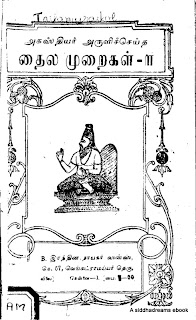New guidelines have come into force regulating Bahrain's alternative medicine industry.
The National Health Regulatory Authority (NHRA) board has issued four directives to control the sale and prescription of traditional, complementary and alternative medicine (TCAM) following concern about the credibility of some businesses.
NHRA chief executive officer Dr Bahaa Eldin Fateha said that the directives were being implemented with immediate effect.
However, Bahrain's existing TCAM institutions will be given a grace period or six months to correct their status and obtain the necessary licences.
"Traditional healers, who have been practising for generations, can continue their practice but will have to update their level of knowledge on infection control," he said.
"Some practices such as cupping (known as Hujama where the 'bad blood' is sucked out of the body) can lead to spread of diseases, particularly hepatitis and skin infections."
Dr Fateha said a list of approved specialities of TCAM, based on World Health Organisation (WHO) guidelines, had been approved for TCAM in Bahrain.
Effectiveness
"These include 13 specialities with proven effectiveness on health and in relieving or treating diseases," he said.
Dr Fateha said the approved specialities included acupuncture, Ayurveda, siddha, massage therapy, chiropractic, herbal therapy, homoeopathy, naturopathy, osteopathy, traditional Chinese medicine, traditional Japanese medicine, traditional Mongolian medicine and Unani medicine.
"On the other hand, another nine specialities have been approved, where WHO guidelines have recognised their positive effect on health and on treating and or treating some ailments," he said.
These include aroma therapy, bach flower remedies, colon therapy, chelation therapy, cupping, craniosacral therapy, colon hydrotherapy, reflexology and hydrotherapy.
Thanks:


+written+by+Va.Selliah+siddhadreams.JPG)






